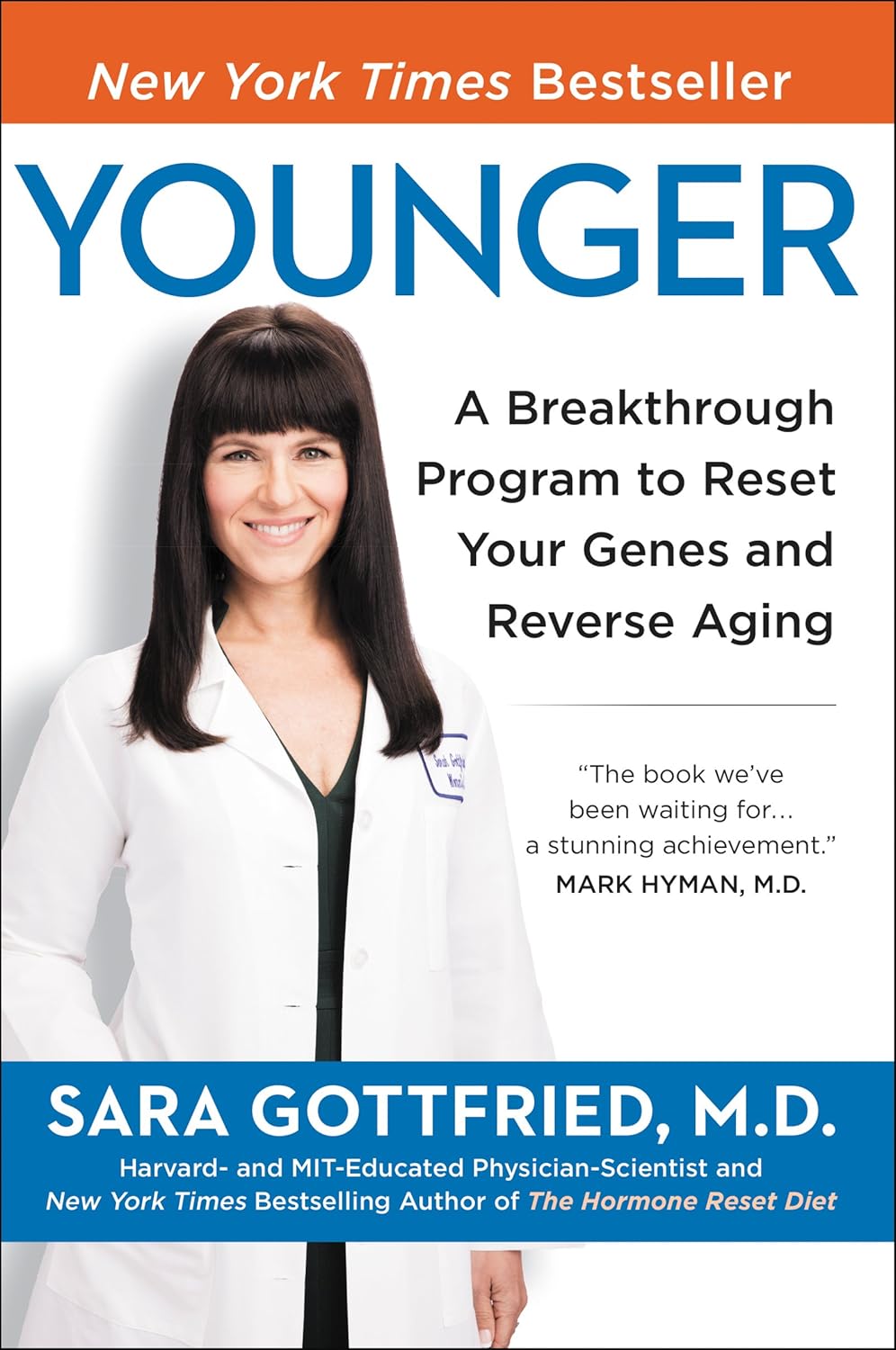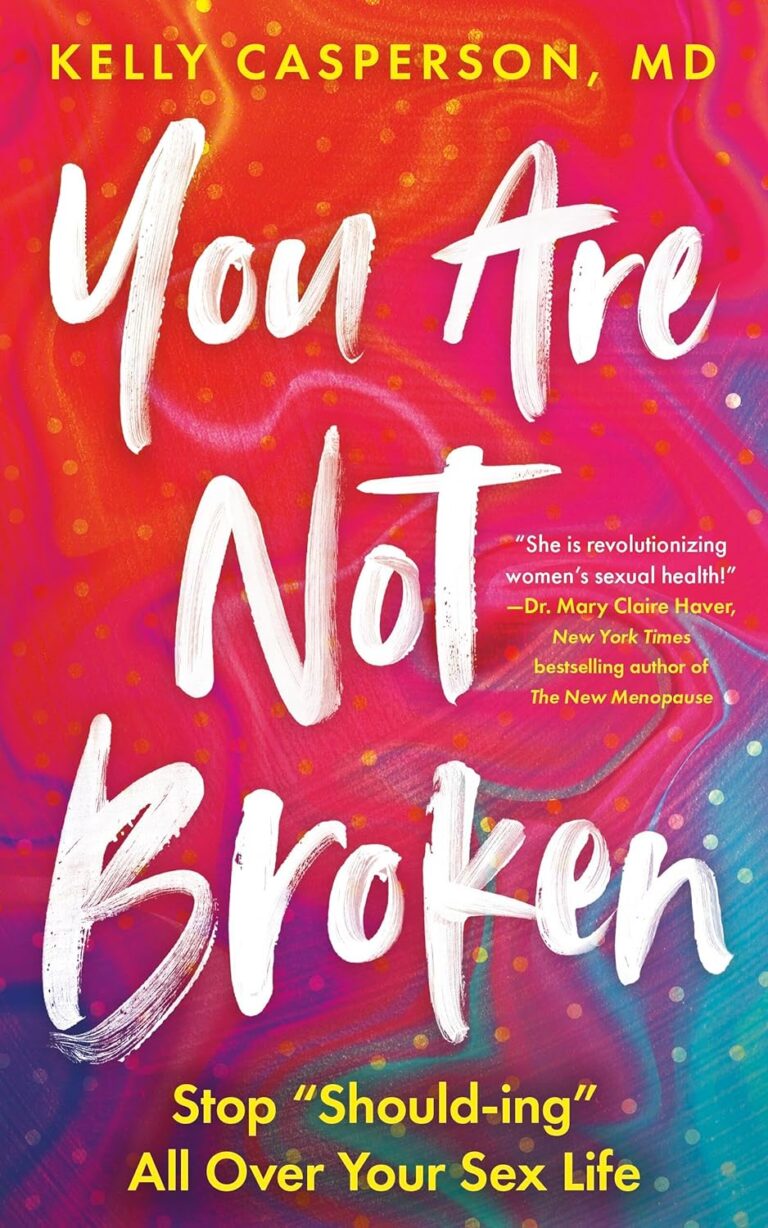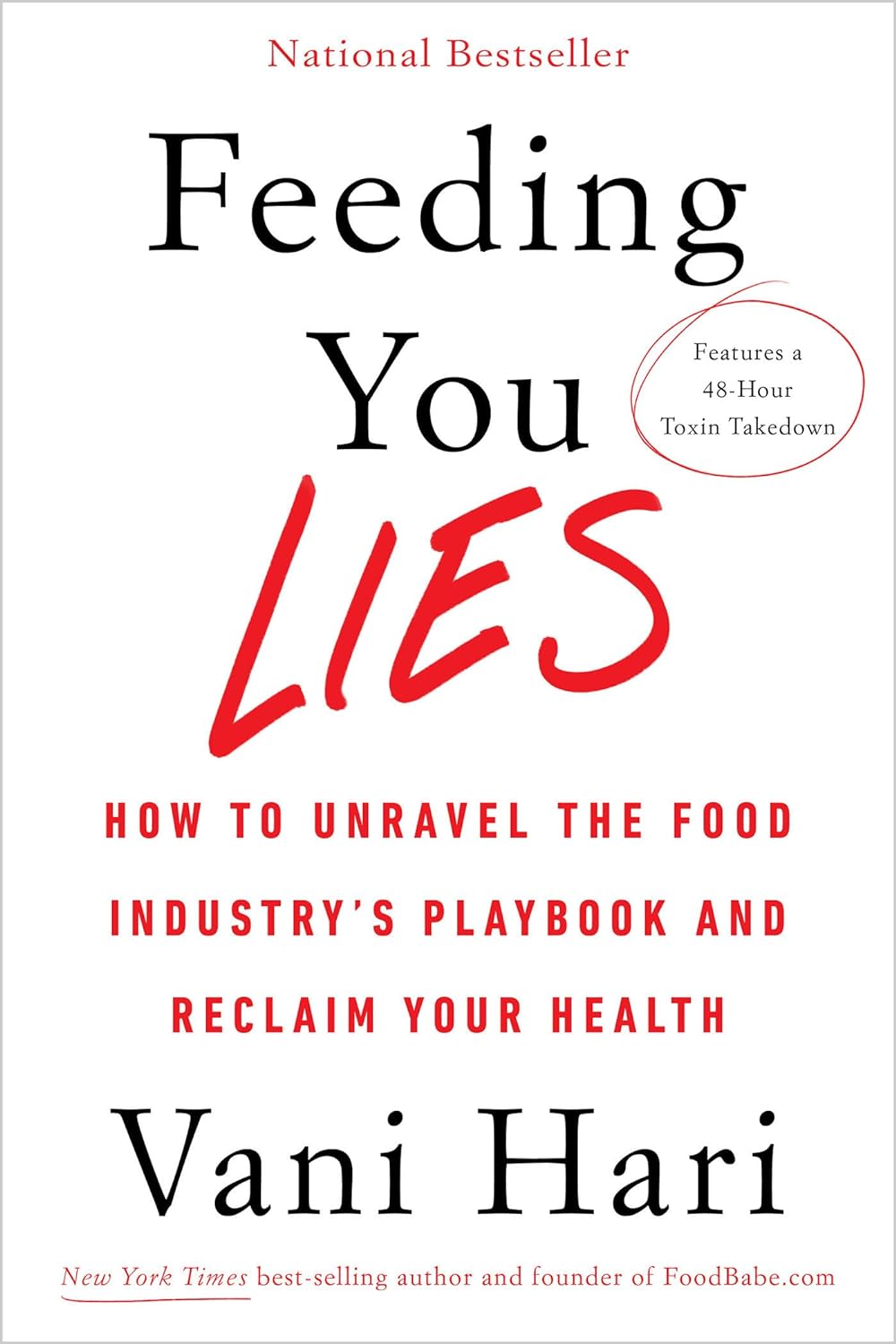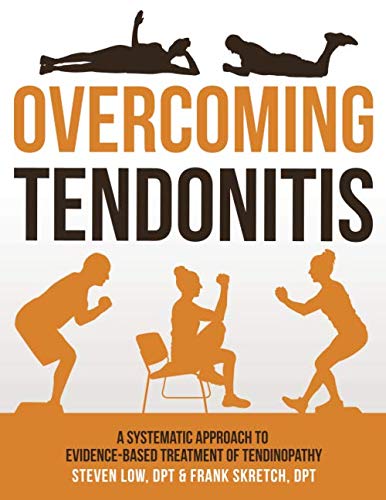
Younger – by Dr. Sara Gottfried
10almonds is reader-supported. We may, at no cost to you, receive a portion of sales if you purchase a product through a link in this article.
Does this do the things it says in the subtitle? In honestly, not really, no, but what it does do (if implemented) is modify your gene expression, slow aging, and extend healthspan. Which is all good stuff, even if it’s not the snappy SEO-oriented keywords in the subtitle.
A lot of the book pertains to turning certain genes (e.g. SIRT1, mTOR, VDR, APOE4, etc) on or off per what is sensible in each case, noting that while genes are relatively fixed (technically they can be changed, but the science is young and we can’t do much yet), gene expression is something we can control quite a bit. And while it may be unsettling to have the loaded gun that is the APOE4 gene being held against your head, at the end of the day there are things we can do that influence whether the trigger gets pulled, and when. Same goes for other undesirable genes, and also for the desirable ones that are useless if they never actually get expressed.
She offers (contained within the book, not as an upsell) a 7-week program that aims to set the reader up with good healthy habits to do just that and thus help keep age-related maladies at bay, and if we slip up, perhaps later in the year or so, we can always recommence the program.
The advice is also just good health advice, even without taking gene expression into account, because there are a stack of benefits to each of the things in her protocol.
The style is personable without being padded with fluff, accessible without dumbing down, and information-dense without being a challenging read. The formatting helps a lot also; a clear instructional layout is a lot better than a wall of text.
Bottom line: if you’d like to tweak your genes for healthy longevity, this book can help you do just that!
Don’t Forget…
Did you arrive here from our newsletter? Don’t forget to return to the email to continue learning!
Recommended
Learn to Age Gracefully
Join the 98k+ American women taking control of their health & aging with our 100% free (and fun!) daily emails:
-
What Teas To Drink Before Bed (By Science!)
10almonds is reader-supported. We may, at no cost to you, receive a portion of sales if you purchase a product through a link in this article.
Which Sleepy Tea?
Herbal “tea” preparations (henceforth we will write it without the quotation marks, although these are not true teas) are popular for winding down at the end of a long day ready for a relaxing sleep.
Today we’ll look at the science for them! We’ll be brief for each, because we’ve selected five and have only so much room, but here goes:
Camomile
Simply put, it works and has plenty of good science for it. Here’s just one example:
❝Noteworthy, our meta-analysis showed a significant improvement in sleep quality after chamomile administration❞
Also this writer’s favourite relaxation drink!
(example on Amazon if you want some)
Lavender
We didn’t find robust science for its popularly-claimed sedative properties, but it does appear to be anxiolytic, and anxiety gets in the way of sleep, so while lavender may not be a sedative, it may calm a racing mind all the same, thus facilitating better sleep:
(example on Amazon if you want some)
Magnolia
Animal study for the mechanism:
Human study for “it is observed to help humans sleep better”:
As you can see from the title, its sedative properties weren’t the point of the study, but if you click through to read it, you can see that they found (and recorded) this benefit anyway
(example on Amazon if you want some)
Passionflower
There’s not a lot of evidence for this one, but there is some. Here’s a small study (n=41) that found:
❝Of six sleep-diary measures analysed, sleep quality showed a significantly better rating for passionflower compared with placebo (t(40) = 2.70, p < 0.01). These initial findings suggest that the consumption of a low dose of Passiflora incarnata, in the form of tea, yields short-term subjective sleep benefits for healthy adults with mild fluctuations in sleep quality.❞
So, that’s not exactly a huge body of evidence, but it is promising.
(example on Amazon if you want some)
Valerian
We’ll be honest, the science for this one is sloppy. It’s very rare to find Valerian tested by itself (or sold by itself; we had to dig a bit to find one for the Amazon link below), and that skews the results of science and renders any conclusions questionable.
And the studies that were done? Dubious methods, and inconclusive results:
Nevertheless, if you want to try it for yourself, you can do a case study (i.e., n=1 sample) if not a randomized controlled trial, and let us know how it goes 🙂
(example on Amazon if you want some)
Summary
- Valerian we really don’t have the science to say anything about it
- Passionflower has some nascent science for it, but not much
- Lavender is probably not soporific, but it is anxiolytic
- Magnolia almost certainly helps, but isn’t nearly so well-backed as…
- Camomile comes out on top, easily—by both sheer weight of evidence, and by clear conclusive uncontroversial results.
Enjoy!
Share This Post
-
Why You Don’t Need 8 Glasses Of Water Per Day
10almonds is reader-supported. We may, at no cost to you, receive a portion of sales if you purchase a product through a link in this article.
The idea that you need to drink eight glasses of water daily is a myth. For most people most of the time, this practice will not make your skin brighter, improve mental clarity, or boost energy levels. All that will happen as a result of drinking beyond your thirst, is that you’ll pee more.
A self-regulating system
Our kidneys regulate hydration by monitoring blood volume and salt levels. When blood becomes slightly saltier or its volume drops, such as through sweating, the kidneys absorb more water into the bloodstream. If needed, the body triggers thirst signals to encourage fluid intake.
In most cases, you can rely on your body’s natural thirst cues to manage hydration. Thirst is a reliable indicator of when you need to drink water, making constant monitoring of water intake unnecessary for most people.
There are some exceptions, though! Some people, such as those with kidney stones, especially older adults, or those with specific medical considerations and resultant advice from your doctor, may need to pay closer attention to their water intake.
Nor does hydration have to be a matter of “drinking water”: many foods and drinks, such as fruit, coffee, soups, etc, contribute to your daily water intake and (because the body processes it more slowly) are often more hydrating than plain water (which can just pass straight through if you take more than a certain amount at once). If you listen to your body’s thirst signals, there’s no need to rigidly count eight glasses of water each day.
For more on all of this, enjoy:
Click Here If The Embedded Video Doesn’t Load Automatically!
Want to learn more?
You might also like to read:
Hydration Mythbusting ← this also covers why urine color is not as good a guide as your thirst
Take care!
Share This Post
-
Buckwheat vs Bulgur Wheat – Which is Healthier?
10almonds is reader-supported. We may, at no cost to you, receive a portion of sales if you purchase a product through a link in this article.
Our Verdict
When comparing buckwheat to bulgur, we picked the buckwheat.
Why?
First, some things to know up front:
- Bulgur wheat is a kind of cracked wheat product. As such, it contains wheat, and yes, gluten.
- Buckwheat is not a wheat, nor even a grass, but a flowering plant. Buckwheat is as related to wheat as a lionfish is to a lion. It does not contain gluten.
- Buckwheat can be purchased whole or hulled. We went with whole. If you go with hulled, the percentages of vitamins and minerals will be relatively higher, and/but this will be because you lost the fibrous husk, so they’ll be commensurately lower in fiber. If you were to go with hulled, we’d still pick it over bulgur wheat though, just for a different reason (as in that case, the vitamin and mineral contents would be more overwhelmingly in buckwheat’s favor, even though it’d have less fiber).
Ok, now that those things are covered…
Looking at the macronutrients, there’s not a lot between them, except that buckwheat has the much lower glycemic index (this is only the case if you got whole, not hulled—if you got hulled, the glycemic index would be about the same).
In terms of vitamins, buckwheat has more of vitamins B2, B5, B9, E, K, and choline, while bulgur wheat technically has more vitamin A, but the numbers are tiny; a cup of bulgur wheat will give you 0.12% of the RDA. So, an easy win (functionally: 5:0) for buckwheat.
When it comes to minerals, buckwheat has more copper, magnesium, potassium, and selenium, while bulgur wheat has more calcium and manganese. They’re equal on iron and phosphorus, making this a 4:2 win for buckwheat.
Adding up the categories makes this a clear win for buckwheat!
Want to learn more?
You might like to read:
Take care!
Share This Post
Related Posts
-
Feeding You Lies – by Vani Hari
10almonds is reader-supported. We may, at no cost to you, receive a portion of sales if you purchase a product through a link in this article.
When it comes to advertising, we know that companies will often be as misleading as they can get away with. But just how misleading is it?
Vani Hari, of “Food Babe” fame, is here to unravel it all.
The book covers many areas of food and drink advertising and marketing, and gives particular attention to:
- Sodas (with and without sugar), and how deleterious they are to the health—as well as not even helping people lose weight, but actively hindering
- Nutritionally fortified foods, and what we may or may not actually get from them by the time the processing is done
- Organic food, and what that may or may not mean
She also covers a lot of what happens outside of supermarkets, way back in universities and corporate boardrooms. In short, who is crossing whose palms with silver for a seal of approval… And what that means for us as consumers.
A strength of this book that sets it apart from many of its genre, by the way, is that while being deeply critical of certain institutions’ practices, it doesn‘t digress into tinfoil-hat pseudoscientific scaremongering, either. Here at 10almonds we love actual science, so that was good to see too.
Bottom line: is you’d like to know “can they say that and get away with it if it’s not true?” and make decisions based on the actual nutritional value of things, this is a great book for you.
Click here to check out “Feeding You Lies” on Amazon and make your shopping healthier!
Don’t Forget…
Did you arrive here from our newsletter? Don’t forget to return to the email to continue learning!
Learn to Age Gracefully
Join the 98k+ American women taking control of their health & aging with our 100% free (and fun!) daily emails:
-
The Magic of L-theanine
10almonds is reader-supported. We may, at no cost to you, receive a portion of sales if you purchase a product through a link in this article.
All The Benefits Of Caffeine And More, Without The Drawbacks? What’s The Catch?
It just takes one extra supplement.
For many of us, our morning brew is practically a ritual, but caffeine can also cause all kinds of problems ranging from caffeine jitters to caffeine crashes to caffeine addiction and withdrawal. Surely, something could be better?
Well, yes it could! You doubtlessly know about green tea’s antioxidant properties, but its amino acid, l-theanine (which can be taken as a supplement with coffee, if you don’t enjoy green tea) has so much more to offer:
- L-theanine has been found to reduce stress responses—and let’s face it, when we most want/need a coffee is often when facing stress
- It also reduces anxiety, making it a very safe “downer” without the problems of, for example, alcohol—or other potentially addictive substances
- It’s far more than just that, though! Paradoxically, l-theanine also improves alertness (what other calming things promote alertness? Not so many)
- Part of its trick is that it also improves accuracy—whereas stimulants like caffeine may produce a twitchy, jumpy, responsiveness, l-theanine’s signature effect is a calm state of sharp readiness. Caffeine works by stimulating the adrenal gland and increasing blood pressure, while simultaneously blocking adenosine receptors so that your body doesn’t notice its own tiredness—which is why you’re likely to crash later, when the tiredness that had been masked, all hits at once. Instead, l-theanine taken with caffeine acts as a moderator of that, making for a longer, gentler curve. In terms of subjective experience, what this can mean for many people is: no more caffeine jitters!
- All this means that while l-theanine can boost all kinds of cognitive function, including alertness and accuracy, many like to take in the evening as it can also promote a good night’s sleep, ready to be at your best the next day.
- How much to take? 200mg is a commonly used dosage, which in supplement terms is usually a single capsule. A lot easier to take than the 40 cups of green tea that this dosage would otherwise be!
Don’t Forget…
Did you arrive here from our newsletter? Don’t forget to return to the email to continue learning!
Learn to Age Gracefully
Join the 98k+ American women taking control of their health & aging with our 100% free (and fun!) daily emails:
-
Overcoming Tendonitis – by Dr. Steven Low & Dr. Frank Skretch
10almonds is reader-supported. We may, at no cost to you, receive a portion of sales if you purchase a product through a link in this article.
If you assumed tendonitis to be an inflammatory condition, you’re not alone. However, it’s not; the “-itis” nomenclature is a misnomer, and while one can rarely go wrong with reducing chronic/systemic inflammation, it’s not the cure for tendonitis.
What, then, is tendonitis and what does cure it? It’s a non-inflammatory proliferation disorder, meaning, something is growing (or in this case, simply being replaced) in a way it shouldn’t. As to fixing it, that’s more complex.
This book does cover 20 interventions (sorted into “major” and “minor”), ranging from exercise therapies to surgery, with many things between. It also examines popular myths that do not help, such as rest, ice, heat, and analgesics.
The style of this book is hard science, but don’t worry, it explains everything along the way. It does however mean that if you’re not very accustomed to wading through scientific material, you can’t just dip into the middle of the book and be guaranteed to understand what’s going on. Indeed, before even getting to discussing tendonitis/tendinopathy, the first chapter is very reassuringly dedicated to “understanding the levels and classification of evidence in studies”, along with the assorted scales and guidelines of the Center for Evidence-Based Medicine.
The rest, however, is about the etiology, diagnosis, and treatment of tendonitis and tendinopathy more generally. One interesting thing is that, according to the abundant high-quality evidence presented in this book, what works for one body part’s tendonitis does not necessarily work for another body part, so we get quite a part-by-part rundown.
Bottom line: this book has a wealth of useful, applicable information about management of tendonitis, making it indispensable if you or a loved one suffer from such—but settle in, because it’s not a light read.
Click here to check out Overcoming Tendonitis, and overcome tendonitis!
Don’t Forget…
Did you arrive here from our newsletter? Don’t forget to return to the email to continue learning!
Learn to Age Gracefully
Join the 98k+ American women taking control of their health & aging with our 100% free (and fun!) daily emails:







